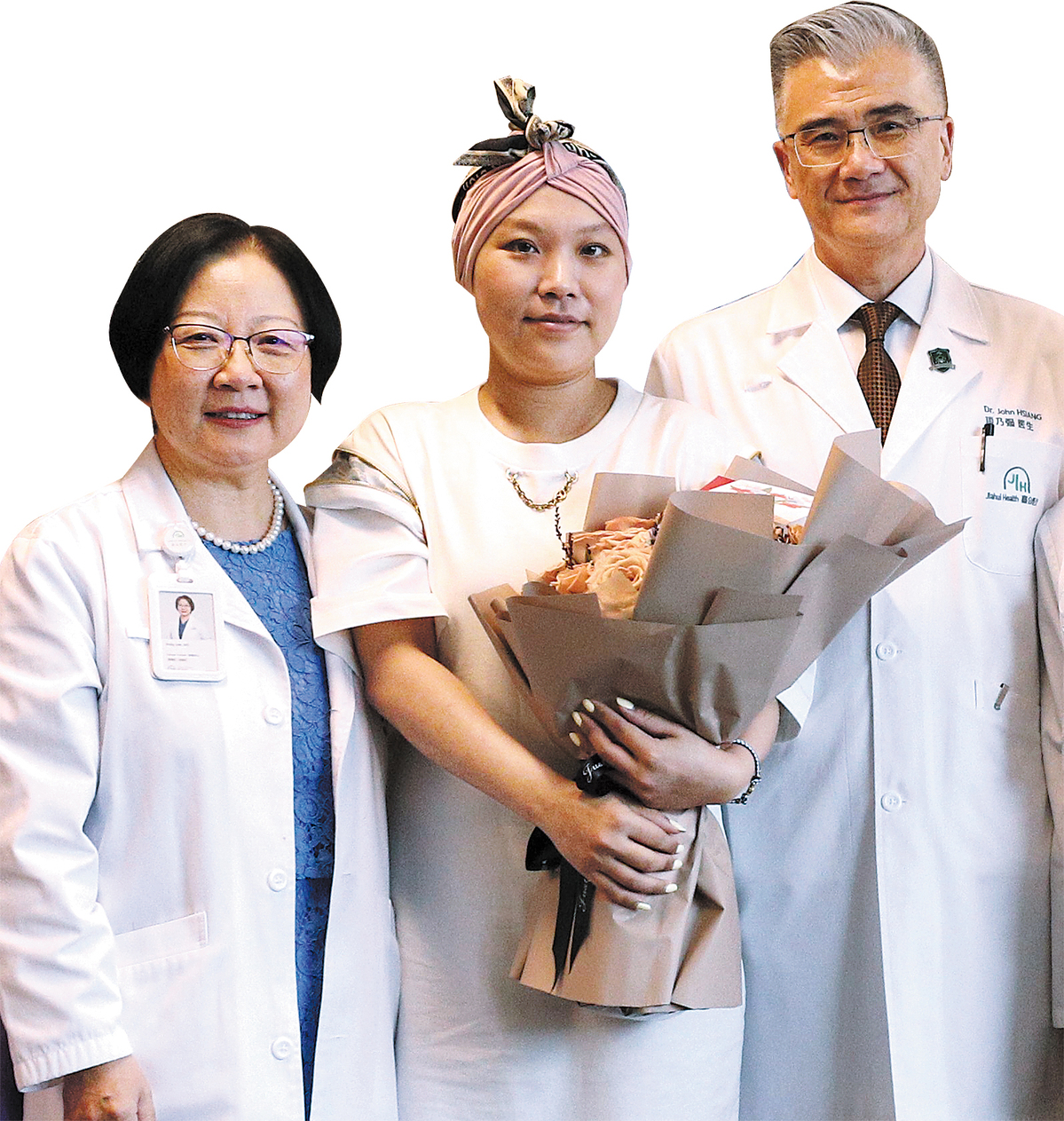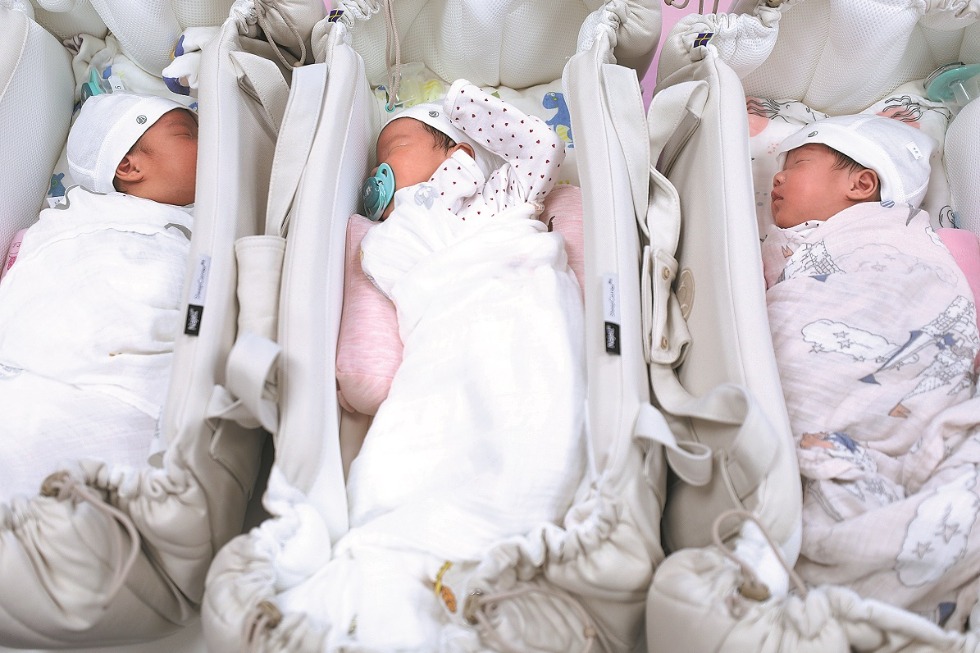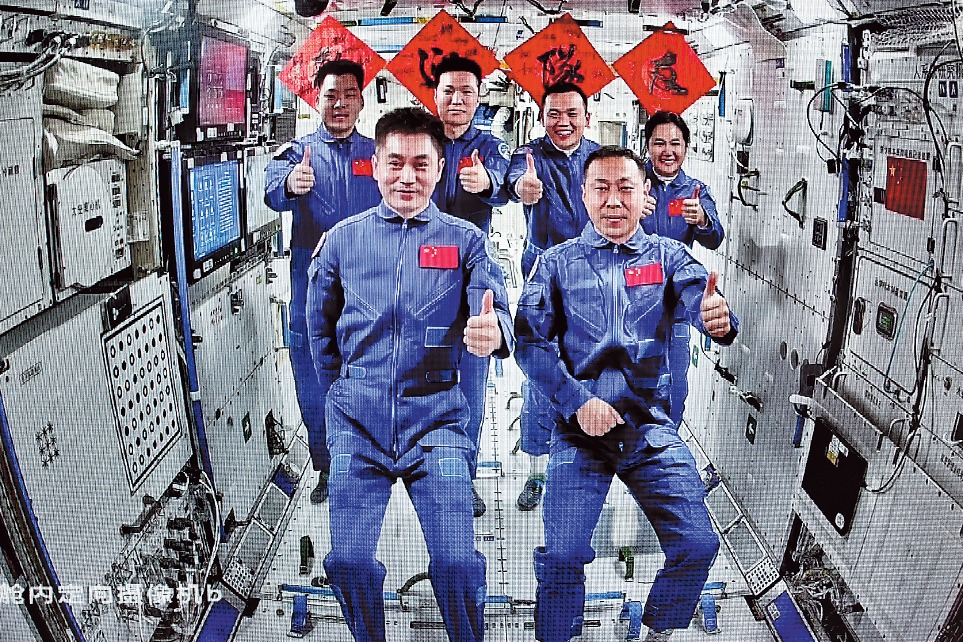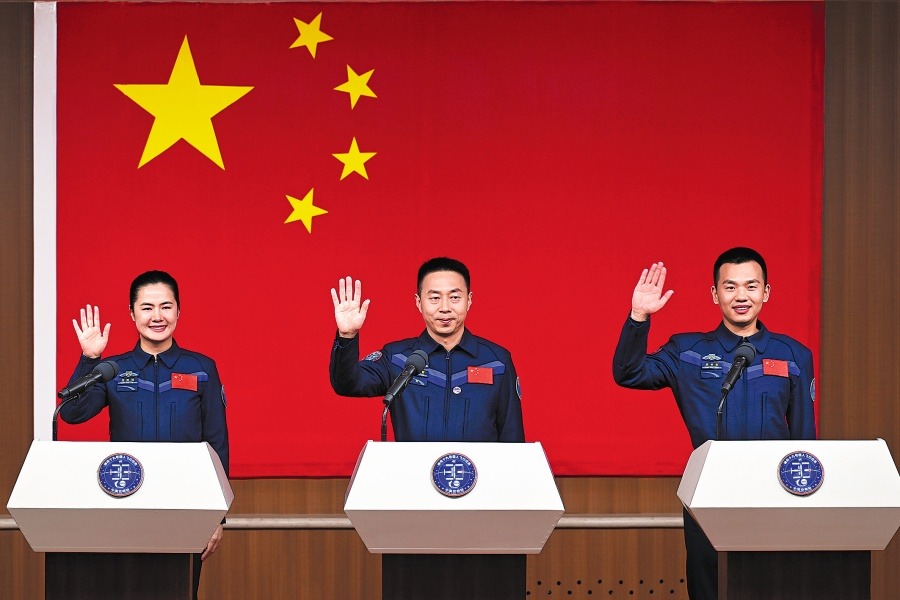Increased foreign investment in hospitals set to boost healthcare
Experts believe more funding will advance high-quality treatment to meet growing demand


Better living standards
Wholly foreign-invested hospitals will help accelerate the introduction of new drugs, medical equipment, and technologies into China, industry insiders said. The move will also create a channel for medical talent from overseas to work in the country.
"With a rising number of such hospitals, it will also further improve social and living security for expats in China, thereby helping the country to attract high-level talents from around the globe, enhancing international academic exchanges and promoting the development of various disciplines and scientific research innovation," said John K. Hsiang, chairman of Jiahui Health executive committee.
The company operates the Hong Kong-owned Jiahui International Hospital in Shanghai, which opened in 2017. It also runs outpatient clinics in Shanghai, Suzhou, Hangzhou, Zhejiang province, and Shenzhen, Guangdong.
Fifteen percent of Jiahui's doctors are expats, and the company provides medical services in more than 10 languages. The Shanghai hospital alone has an annual outpatient volume of 600,000 visits, and has provided medical services to over 500,000 families from more than 180 countries.
The differences in expats' medical needs lie not only in languages, but also in factors including diagnosis, the treatment process, and the payment model.
Hsiang said one important service offered at foreign-invested hospitals is connecting patients to medical resources abroad.
"Based on cooperation with more than 30 topnotch medical institutions around the world, including Boston-based Massachusetts General Hospital, Jiahui is able to provide international telemedicine consultations and prioritizes referrals to overseas hospitals for patients," he said.
In 2022, Vicky Lee, an internationally renowned expert in hematology and oncology with more than two decades professional experience in the US, joined Jiahui's international cancer center. Lee quickly introduced cutting-edge therapies to the hospital, which attracted more patients.
Last year, a 40-year-old Singapore woman's lymphoma went into remission after she received CAR-T cell treatment at Jiahui International Hospital. She was the first expat in China to receive the revolutionary lymphoma treatment.
"We once considered returning to the US or Singapore for treatment, but eventually decided that Jiahui Hospital was the best option for us," said Parry Wu, the patient's husband, who is from the US.
"The team and the facilities here are as good as anywhere in the world, and the overall cost effectiveness of the treatment was too good to be ignored."
Lee said the patient has returned to an active life and has embarked on global travel, which included diving. She added that a considerable number of patients with hematological tumors, 80 percent of whom are expats, had completed CAR-T therapy at the hospital.
Jiahui also completed a smooth delivery of triplets in July and performed highly difficult laparoscopic surgery on a pancreatic cancer patient in August.
Shanghai Xiehua Brain Hospital, which has investment of 1.2 billion yuan, boasts state-of-the-art large imaging devices and specialized neurosurgery equipment. It was the first private medical institution in the country to adopt the Shanghai United Imaging Healthcare Group's 5.0T ultrahigh field MRI imaging system.























